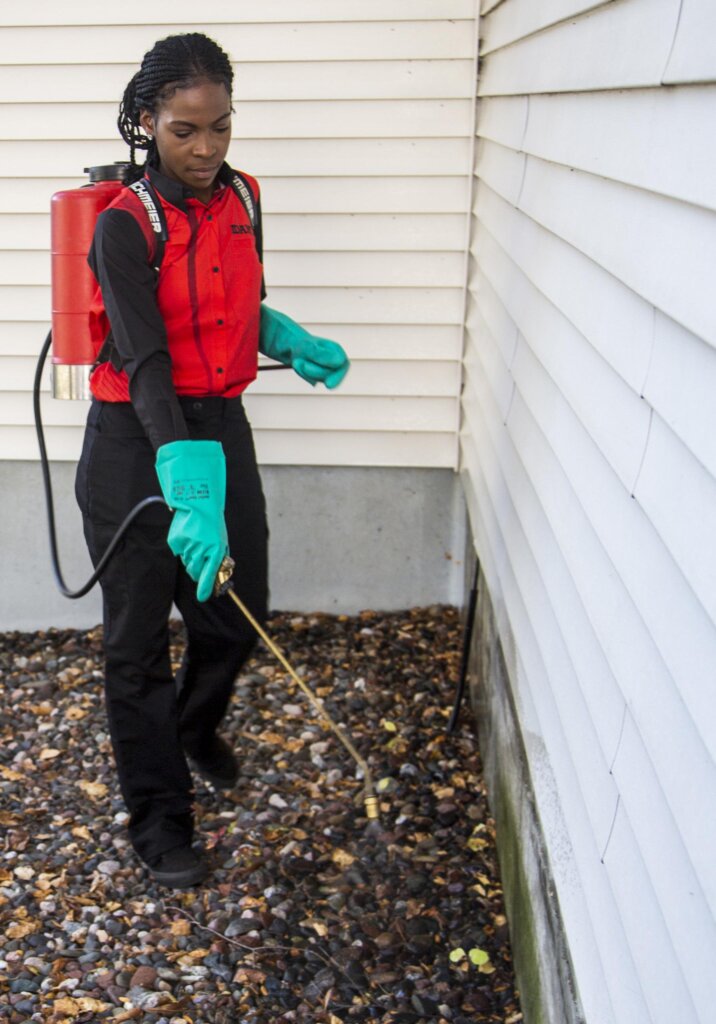Lawyers, also known as attorneys, assist in peaceably resolving disputes and problems. They may serve as objective counselors and advisors or as zealous advocates on behalf of their clients. Visit Our Website to learn more.
If you want to become a lawyer, there are many ways to prepare for this career path. High school extracurriculars like debate, student government, mock trials, and Model UN are great ways to explore your interests and develop skills that will help you in the future as a lawyer.

Legal advice is when an authorized professional in the law, such as an attorney, gives their opinion about a specific legal situation you may have. This includes analyzing a set of facts and giving you a course of action to achieve a desired outcome. This can be in regard to a civil or criminal case. A lawyer will look at the specific circumstances surrounding your issue, possibly consult cases that have been settled before or in similar situations, and consider federal, state and local laws. The attorney’s opinion is then based on this information and their experience. They will likely charge for this service unless it is provided free of charge or pro bono.
It is important to understand the difference between legal advice and legal information. The American Bar Association and most states have rules that make it illegal for non-lawyers to give legal advice unless they are licensed. This is because legal advice is a specific opinion about a certain factual scenario and can only be given by a licensed attorney who has established an attorney-client relationship with the client.
Getting legal advice can be tricky. You want to find an experienced and knowledgeable attorney who specializes in your type of legal matter. For example, if you have a child custody issue, you want to talk to an experienced divorce attorney. This is because they have the knowledge, education and experience to help you resolve your legal issue in a timely and cost efficient manner.
You can also seek out legal advice from a legal aid office, community clinics, or private attorneys who specialize in your type of case. The Legal Services Corporation is a federal organization that helps fund legal aid nonprofits so they can continue to provide their services. It is also a good idea to use the internet for legal advice. Many websites have forums dedicated to helping people with their legal issues, including the popular website Reddit that has a subreddit devoted to legal advice (r/legaladvice).
Another option is to get a subscription to a legal assistance plan where you can ask a lawyer questions about your specific situation. These legal plans can be expensive but are worth it if you have a lot of issues to deal with or if you think there is a chance you will need to file a lawsuit.
Representation in Court
The power of legal representation, which entails both knowledge and the ability to defend a client’s rights in a court of law, has distinct bearing on the integrity and credibility of legal proceedings. In fact, it is a critical part of the justice system and its fundamental principle of “innocent until proven guilty“.
Legal representation may take different forms, depending on a case’s complexity and its level of urgency. In cases of high-profile criminal charges, for instance, a lawyer’s reputation and professional skills will be the deciding factors in whether or not they will be assigned to a case.
Regardless of the level or type of representation, there are certain protocols that must be adhered to by lawyers and their staff. These protocols bolster the trust that clients have in their legal representatives and serve to ensure that they receive competent and quality service.
In order to effectively represent a client in court, a lawyer must have sufficient legal knowledge and skillset to structure arguments in a persuasive and convincing manner. These competencies are often complemented by negotiation abilities. The combination of these factors enables the lawyer to proactively shape and direct legal proceedings in a way that maximises the chances of success.
While it is possible for people to represent themselves in a court of law, this can be a very complicated and time-consuming process. It is also not recommended unless you are certain you have the legal knowledge and skills to do so.
Even when a person chooses to represent themselves, it is important to note that they are still subject to the extensive state and local laws that everyone appearing before a judge must follow. Furthermore, a person must provide their attorney with all relevant information and keep them informed of any new developments in the case. It is also a legal requirement that a client’s communications with their attorney be privileged and confidential.
Those who cannot afford an attorney may be able to obtain legal representation through a government programme. However, it is worth noting that these programmes are often extremely busy and it may be difficult for them to provide the level of representation a client might require. In these circumstances, it might be worthwhile considering hiring a private attorney for a consultation.
Negotiation
The ability to negotiate is a critical skill for attorneys, whether they’re trying to settle disputes or arguing a case in court. Lawyers who are good negotiators can resolve cases quickly, amicably and efficiently. They understand how to listen attentively, build rapport with clients and other parties, and craft agreements that address each party’s needs. Emotional intelligence, including empathy and social skills, also plays an important role in negotiation.
During negotiations, attorneys must be able to manage their own emotions and understand how others’ emotions can affect the situation. They must be able to interpret the other person’s body language and tone of voice, and communicate effectively. Negotiators should have the confidence and ability to make a compelling argument, but they also need to be willing to compromise. This is the only way to ensure that all parties are satisfied with the outcome.
While it’s easy to imagine how a skilled attorney could obtain a short-term gain for their client by bluffing, using threats or other psychological pressure tactics during a negotiation, experts say such methods are risky for both clients and lawyers. Negotiating experts generally agree that the best strategy is to be as transparent as possible and use a collaborative approach.
Negotiation is a voluntary process that can be used to resolve a dispute, solve a business issue or achieve other goals. It’s common in both personal and professional life, from deciding on a curfew with your child to negotiating terms for a new job or contract. Lawyers negotiate with clients, colleagues and vendors on a regular basis to establish fees, set deadlines, mediate conflicts and acquire services and products.
The best negotiators have clear objectives and are well prepared. They start by identifying the issues and objectives they hope to achieve in the negotiation, such as securing better terms or resolving a dispute. They then assess the interests of the other party, which can include such things as security, economic well-being, a sense of belonging and recognition. They craft an agreement that addresses these interests, but they’re not afraid to walk away if they’re unable to reach an acceptable agreement.
Research
Legal research is a key part of a lawyer’s job, allowing them to provide comprehensive information and evidence to their clients. However, it can also be an extremely time-consuming task, particularly with the volume of case law and statutory material available today. As such, legal professionals need to be efficient in their approach to research in order to save time and deliver high-quality services to their clients.
The first step in conducting legal research is to determine your goal for the project. This can help you focus your efforts and ensure that you’re gathering all relevant information. For example, you may be researching a specific case that is currently in court, or you might be looking for precedents that could impact a future case.
Once you’ve determined your purpose, you can begin to explore the subject of the case in more detail. It’s important to start with secondary sources, such as law journals, practice guides, and legal encyclopedias, which can help you get a better understanding of the topic. Once you’ve explored these resources, it’s time to move on to primary sources.
These include statutes, laws, case law, and other written materials that are deemed authoritative by the legal community. As a result, they can be used to support arguments and form the basis of legal opinions. It’s crucial to note that despite the importance of legal research, it should never replace the review and analysis of the attorney. Digital research tools can be an effective way to streamline the process, but attorneys should always be mindful of their progress and stop when they’ve made the most of their time.
As the pace of litigation continues to increase, it is increasingly essential that lawyers prioritize research in their work. By following best practices and utilizing technological tools, legal professionals can perform more efficient research, which will lead to better decision making and improved client representation. Whether it’s exploring new precedents, determining the likely outcome of a case, or assessing the validity of existing law, legal research is an indispensable tool for the modern legal professional.






